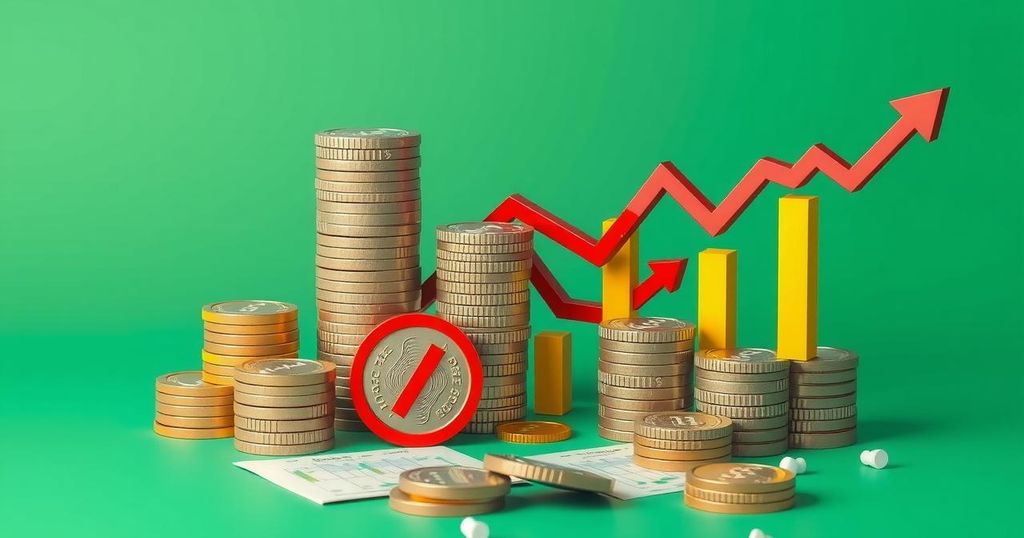Ghana’s Finance Minister announced the country faces $8.7 billion in external debt service over the next four years, with significant repayments due in 2027 and 2028. This financial burden emerges during a recovery from economic hardship, compounded by past debts and global challenges. President Mahama aims to tackle these issues amid a cost-of-living crisis.
Ghana is currently confronting substantial external debt service obligations, as articulated by Finance Minister Cassiel Ato Baah Forson during his inaugural budget address to Parliament. Over the forthcoming four years, the country is expected to repay a total of $8.7 billion, constituting 10.9% of its GDP, with the heaviest payments scheduled for the years 2027 and 2028.
Specifically, Ghana anticipates repayments of $2.5 billion in 2027 and $2.4 billion in 2028. Minister Forson emphasized that despite the impending domestic and external debt service challenges, the nation has not established protective reserves to mitigate this mounting debt burden.
The nation is gradually recovering from a profound economic crisis aggravated by the COVID-19 pandemic, the conflict in Ukraine, elevated global interest rates, and prolonged periods of excessive borrowing. President John Dramani Mahama, who assumed office in January, is committed to revitalizing the economy and generating employment opportunities amidst a cost-of-living crisis, ongoing support from the International Monetary Fund, and a history of sovereign debt default in Ghana’s cocoa and gold sectors.
In summary, Ghana is poised to face significant external debt service challenges over the next four years, amounting to $8.7 billion. This situation is exacerbated by the lack of financial buffers and is rooted in recent economic crises. The new administration, led by President Mahama, aims to address these pressing economic issues as it seeks stabilization and growth.
Original Source: www.cnbcafrica.com






